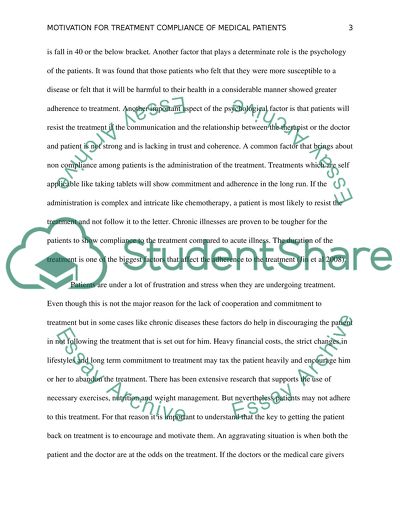Cite this document
(“Motivation for Treatment Compliance of Medical Patients Research Paper”, n.d.)
Retrieved from https://studentshare.org/psychology/1455178-motivation-for-treatment-compliance-of-medical
Retrieved from https://studentshare.org/psychology/1455178-motivation-for-treatment-compliance-of-medical
(Motivation for Treatment Compliance of Medical Patients Research Paper)
https://studentshare.org/psychology/1455178-motivation-for-treatment-compliance-of-medical.
https://studentshare.org/psychology/1455178-motivation-for-treatment-compliance-of-medical.
“Motivation for Treatment Compliance of Medical Patients Research Paper”, n.d. https://studentshare.org/psychology/1455178-motivation-for-treatment-compliance-of-medical.


